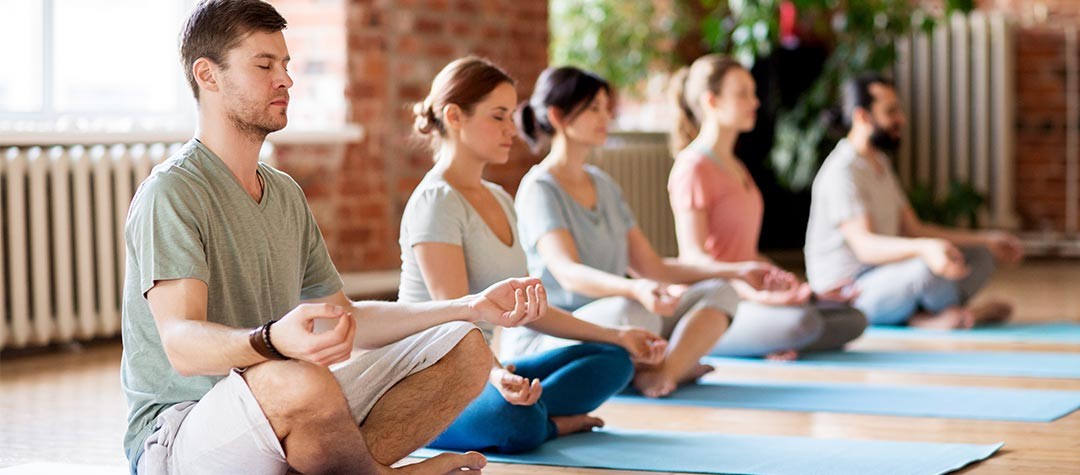Regardless of levels of fitness or age, there’s plenty to be gained from walking. Here’s 10 health benefits you might not even know about.
Not only is regular walking as a workout an enjoyable and totally free fitness regime, it also offers a number of key health benefits too. In fact, we would go as far as to say walking is the superfood of fitness. Here’s just what it can do for you.
1. Improve your posture
By paying just a little attention to your posture as you walk, you can help tone your abs and reduce your waistline. Concentrate on straightening your spine to create space between your ears and shoulders, relax your shoulders and pull in your stomach and pelvic floor. This helps your shoulders naturally rotate and works the abdominal muscles. And swinging your arms (backwards and forwards as you walk) faster not only increases your speed but also tones your arms, shoulders and upper back. So there’s a double benefit here, by thinking a little about how you walk you can improve your posture and get a better workout too!
2. Tone muscles and strengthen bone structure
For joints to work at their best, you need to keep them moving. Regular walking gives knee joints a workout, increases your muscle strength and can keep your bones strong, giving definition to calves, quads, hamstrings and lifting your glutes. Walking not only stimulates and strengthens bones, increases their density and helps maintain healthy joints, it can also fend off conditions such as arthritis and help prevent or alleviate back pain.
3. Help you lose weight
To start losing weight, you need to burn about 600 calories a day more than you’re eating and drinking, and for that, you might have to up your speed. You can burn off twice as many calories by walking at 4 miles an hour (6.5 kilometres per hour) than you can at half that speed. Walking also increases muscle mass and tone. In short, the more muscle you have, the faster your metabolism, so the more calories you burn off.
4. Reduce heart complications
Getting blood pumping around your system and raising your heart rate provides a perfect workout for your heart and circulation system, and regular walks can even reduce the risk of heart disease and strokes. Through lowering levels of low-density lipoprotein (LDL, the bad cholesterol) and increasing levels of its high-density alternative (HDL, the good cholesterol), you can keep your blood pressure in check. And by helping prevent and control high blood pressure you can reduce your risk of a stroke.
5. Fight disease
As well as heart disease, regular fitness walking can impact on the risk of developing type two diabetes, asthma and some cancers. Studies suggest regular exercise such as walking can reduce risk of diabetes by up to 60 per cent. In fact, those who are active have around a 20 per cent lower risk of developing cancer of the colon, breast and womb than those who are less active.
6. Preserve the grey matter
Being active has been shown to have a positive effect on the way our brains work, and with the latest figures showing dementia affects one in 14 people over 65 and one in six over 80 it’s worth bearing in mind that regular exercise reduces that risk by up to 40 per cent. What’s more, older people who walk six miles (9.65 kilometres) or more per week can avoid brain shrinkage, preserving the memory for longer.
7. Vitamin D
Getting out and about in daylight can boost natural levels of vitamin D, a nutrient that’s hard to get from food, but one we can synthesise from exposure to sunlight. And vitamin D is a nutrient that plays a big role in everything from bone health to immunity.
8. Boost energy levels
A brisk walk provides us with the best source of natural energy. It boosts circulation and increases oxygen supply to each and every cell in the body, helping you feel more alert and alive. Regular walking should mean you sleep better too. It also serves to bring stiff joints back to life and ease muscle tension. We can all feel sluggish at times, but you can help break that cycle through walking.
9. Get active, get involved
While you may want to set up your own individual goals and routes, walking can also be a social occasion, be it through a walking group or through striding out with like-minded souls. It can also help fight off feelings of isolation and loneliness. A survey by the charity Mind found 83 per cent of people with mental health issues look to exercise to help lift their mood.
10. Benefits your mental health
Walking helps you get fitter and means your body gets better at using oxygen, so you find it easier to be more active and tire less quickly. Getting active releases feel-good hormones known as endorphins into the bloodstream, and getting that natural high reduces stress and anxiety and ultimately helps to build self-esteem. That’s got to be a good thing!














